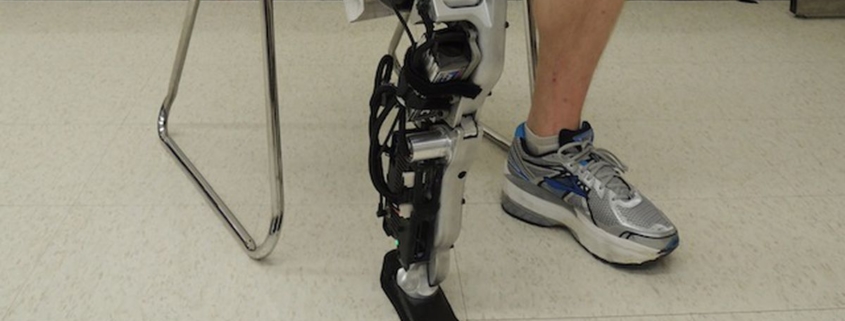Obtaining Fair Compensation After a Disfigurement Injury
For many people, the internal effects of a serious injury last far longer than the external ones. Although they may appear healthy and recovered on the outside, they often live with the lasting trauma and anxiety that come with a brush with death. Others are left with disfiguring injuries that serve as a permanent reminder of their accident.
If you’ve suffered a disfiguring injury because of someone else’s malice or negligence, you’re likely facing a lot of serious challenges as you learn to move forward. Let us handle your legal needs during this difficult time. Call Burns, Cunningham & Mackey at 251-336-3410 to set up a time to talk to our team.
What Are Disfiguring Injuries?
A disfiguring injury is one that causes permanent or long-term damage to one’s appearance. While there are different levels of disfigurement, all disfiguring injuries are likely to permanently change a victim’s view of themselves and affect how they are treated by other people. In some cases, they also have an impact on the victim’s physical health and well-being.
There are many types of disfiguring conditions and injuries, including:
- Large burns
- Skin and tissue death caused by medical malpractice
- Paralysis
- Deep lacerations or scrapes that permanently affect the skin
- Broken bones that never fully heal and impact how one ambulates
- Birth injuries that affect how a baby develops and grows
- Amputation
Expenses Associated with Disfiguring Injuries
Since disfiguring injuries are ones that generally affect victims for the rest of their lives, it’s no surprise that the expenses that come with them tend to be extremely high. First, you have to consider the costs of initial treatment. There are generally immediate attempts at minimizing or repairing the problem, which may involve surgical treatments, skin grafts, and even experimental treatments.
Should these fail or not lead to a full recovery, there is generally still ongoing treatment needed to limit the damage caused by the injury. As an example, people with large burns generally need ongoing care to limit the risk of infection and break up scar tissue to prevent discomfort.
Many of these medical expenses continue for the rest of a victim’s life. A victim with an amputation, for example, may suffer from phantom limb pain for the rest of their life. They’ll also likely need mobility aids to get around and live as independently as possible.
In addition to the physical care needed, victims generally need significant mental health treatment to preserve their quality of life. People with disfiguring injuries are often treated poorly in society, as others have a tendency to either stare at the injury or completely avoid the person with the injury. This has a significant detrimental effect on one’s mental health and self-esteem.
These effects also often extend to a disfigured victim’s work. In some cases, a person’s work is directly dependent on their appearance. If they are unable to work in their chosen field because of their injury, they may be entitled to compensation for future lost earnings.
Even in fields that aren’t appearance-based, job seekers with disfiguring injuries often find that they are treated differently than other applicants or passed over when they are the most qualified applicant. As a result, compensation from the negligent party may be necessary.
In addition, you may be entitled to compensation for pain and suffering, mental trauma, and other non-financial losses.
Useful Evidence for Your Claim
Your attorney can help gather important evidence for your disfiguring injury claim. Medical bills and reports indicating the extent of your injury are helpful, as are diagnostic results and documentation of your injury’s progress. It’s also important to document lost income and job opportunities, as well as the cost of mobility aids and medical equipment.
If you need to bring in outside help to handle your home, cooking, lawn care, childcare, and anything else you used to do independently, keep records proving those expenses. Your attorney may also want you to keep a personal injury journal to detail the effects on your mental health.
Reach Out to Burns, Cunningham & Mackey Today
A disfiguring injury can leave you with significant trauma and pain. While money cannot make up for what you have lost, it can help you gain the independence and support you need to move forward. Start your claim now by calling us at 251-336-4310 or reaching out online.





Leave a Reply
Want to join the discussion?Feel free to contribute!